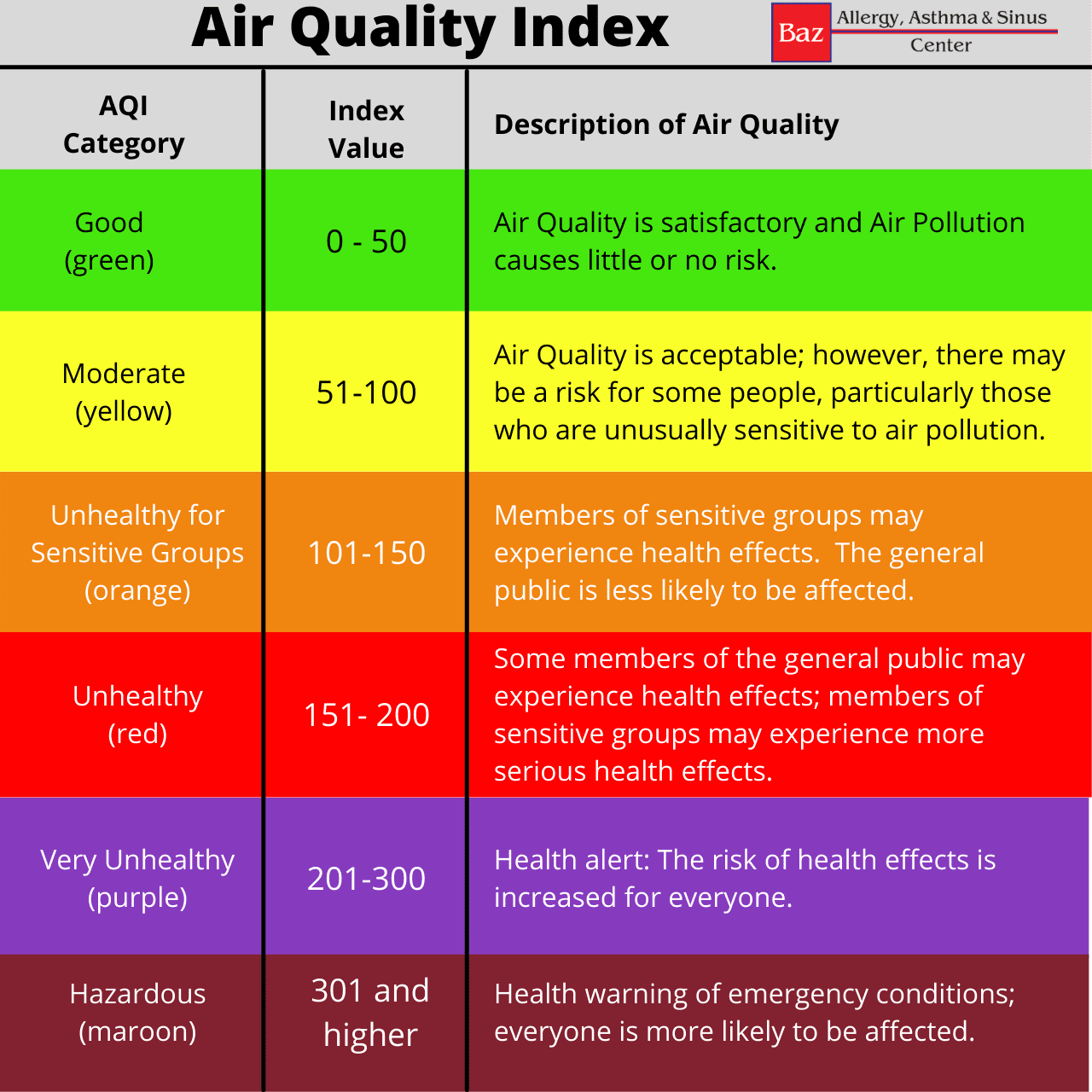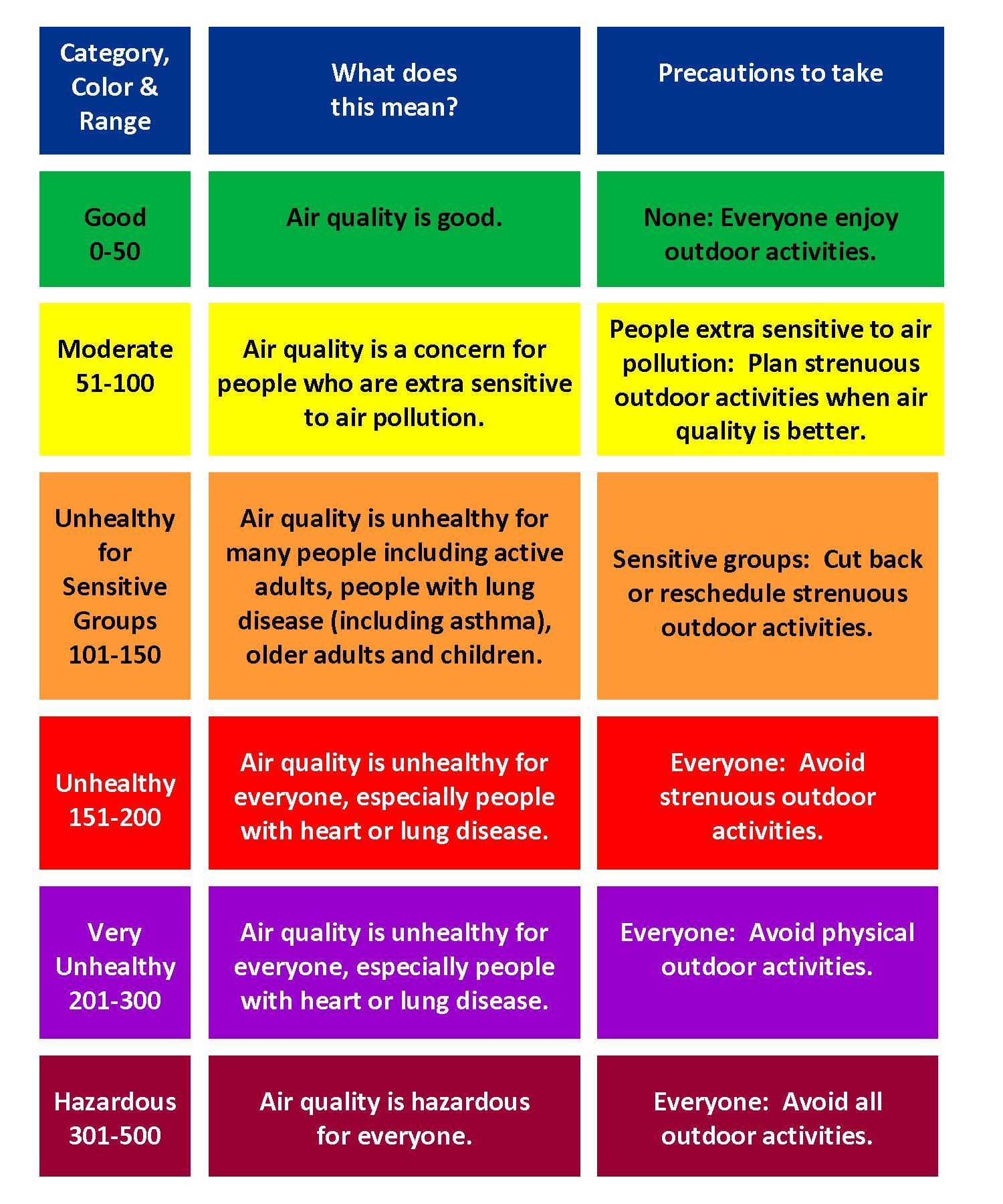Air Quality in Bangkok: Real-Time Updates and Health Precautions
Bangkok, Thailand's bustling capital, is notorious for its air pollution, which poses significant health risks to its inhabitants. Monitoring air quality and taking necessary precautions is essential for the well-being of Bangkok's citizens.
Editor's Note: Air Quality Index (AQI) In Bangkok: Real-Time Updates And Health Precautions is published on today date. Understanding the air quality situation in Bangkok is critical for residents to make informed decisions about their health and activities.
To address the urgent need for current and reliable air quality information, several initiatives have emerged:
- Air Quality Index (AQI): The AQI is a measure of air pollution levels based on five major air pollutants: PM2.5, PM10, ozone, nitrogen dioxide, and sulfur dioxide. It provides a simple and understandable scale to communicate air quality to the public.
- Real-Time Updates: Several platforms provide real-time AQI updates for Bangkok. These include government websites, mobile applications, and interactive maps. This information allows residents to stay informed about the current air quality and make decisions accordingly.
- Health Precautions: Air pollution can have adverse health effects, especially for vulnerable populations such as children, the elderly, and those with respiratory conditions. When air quality is poor, it is important to take precautions such as wearing a face mask, limiting outdoor activities, and staying indoors.
By providing real-time updates and information on health precautions, these initiatives empower Bangkok's residents to take proactive measures to protect their health and well-being. As the air quality situation in Bangkok continues to evolve, these resources will remain invaluable for informed decision-making and safeguarding the health of its citizens.

Understanding Air Quality Index (AQI) Basics For Your Dog, 43% OFF - Source micoope.com.gt
Conclusion
Air quality is a critical public health issue in Bangkok. By understanding the AQI, staying informed about real-time updates, and taking appropriate health precautions, residents can mitigate the risks associated with air pollution and improve their overall well-being.
FAQ about Air Quality Index (AQI) in Bangkok: Real-Time Updates and Health Precautions
This section includes frequently asked questions about the Air Quality Index (AQI) in Bangkok, along with their respective answers. It provides information on health precautions for varying AQI levels and enhances understanding of the AQI system and associated health risks.

Air Quality Index (AQI) - Air Central Texas - English - Source aircentraltexas.org
Question 1: What does AQI measure?
The Air Quality Index (AQI) measures the concentration of certain air pollutants, including particulate matter (PM10 and PM2.5), ozone (O3), nitrogen dioxide (NO2), sulfur dioxide (SO2), and carbon monoxide (CO), in the air.
Question 2: How is AQI calculated?
AQI is calculated using a complex formula that considers the concentrations of each pollutant and their potential health effects. The highest concentration of any pollutant among the six common pollutants determines the overall AQI value.
Question 3: What are the different AQI categories and their corresponding health risks?
The AQI is divided into six categories, each with different levels of health risk:
- Good (0-50): Minimal health risks
- Moderate (51-100): Some sensitive people may experience health effects
- Unhealthy for Sensitive Groups (101-150): Sensitive individuals (e.g., children, elderly, those with heart or lung conditions) may experience health effects
- Unhealthy (151-200): Everyone may experience health effects
- Very Unhealthy (201-300): Health alerts; significant health effects
- Hazardous (301+): Health warnings; serious health risks
Question 4: What are the health precautions for different AQI levels?
When the AQI is Moderate or above, individuals should take precautions to protect their health:
- Reduce outdoor activity, especially during peak pollution hours
- Wear a mask when going outdoors
- Use an air purifier in indoor spaces
- Consult a healthcare professional if experiencing health problems related to air pollution
Question 5: Where can I find real-time AQI updates for Bangkok?
Real-time AQI updates for Bangkok can be found on the AirVisual website (https://www.airvisual.com/bangkok) or via mobile apps such as AirVisual and Plume Labs.
Question 6: What factors contribute to poor air quality in Bangkok?
Poor air quality in Bangkok is primarily caused by a combination of factors, including:
- Vehicle emissions
- Industrial activities
- Construction
- Biomass burning
- Meteorological conditions (e.g., stagnant air, temperature inversions)
Tips
Monitor the Air Quality Index (AQI) in Bangkok regularly to stay informed about the current air quality and take necessary precautions to protect health. Air Quality Index (AQI) In Bangkok: Real-Time Updates And Health Precautions
Tip 1: Check the AQI before going outside, especially during peak traffic hours or when there is a lot of smog. If the AQI is high, it is best to stay indoors as much as possible.
Tip 2: Wear a mask when the AQI is high, especially if you have asthma or other respiratory problems. Masks can help to filter out particulate matter and other pollutants from the air.
Tip 3: Avoid strenuous activity when the AQI is high, as this can increase your exposure to pollutants and make you more susceptible to respiratory problems.
Tip 4: Keep windows and doors closed when the AQI is high to prevent pollutants from entering your home. If you must open windows, do so for short periods of time and in areas with low traffic.
Tip 5: Use an air purifier in your home or office to remove pollutants from the air. Air purifiers can be especially helpful for people with respiratory problems.
Tip 6: If you must be outdoors when the AQI is high, take breaks from strenuous activity and go inside to rest in a cool, air-conditioned place.
By following these tips, you can help to protect your health from the effects of air pollution in Bangkok.
For more information on air quality in Bangkok, please visit the Air Quality Index (AQI) In Bangkok: Real-Time Updates And Health Precautions website.
Air Quality Index (AQI) In Bangkok: Real-Time Updates And Health Precautions
Air pollution has become a pressing concern in Bangkok, Thailand. To address this issue, it's crucial to understand the Air Quality Index (AQI), its real-time updates, and the necessary health precautions. This article explores six key aspects to provide a comprehensive overview.
By understanding these aspects, individuals can make informed decisions to safeguard their health and contribute to improving air quality in Bangkok. Real-time AQI updates enable timely responses, while health precautions help mitigate health risks. Moreover, adhering to air quality standards fosters responsible behavior and promotes sustainable environmental practices.

Unhealthy Air Quality – What To Do | AQI Numbers - Source universityhealthnews.com
Air Quality Index (AQI) In Bangkok: Real-Time Updates And Health Precautions
Air quality in Bangkok has been a growing concern for both residents and visitors alike. The city's high population density, coupled with a large number of vehicles and industrial activities, has resulted in significant levels of air pollution. In response to this issue, the Thai government has implemented a number of measures to improve air quality, including the introduction of stricter emissions standards for vehicles and the promotion of public transportation and bike lanes. However, despite these efforts, air quality in Bangkok remains a challenge, and the city often experiences high levels of particulate matter (PM), ozone (O3), and nitrogen dioxide (NO2).

Air Pollution in Bangkok with PM2.5 Air-quality Index AQI Reached - Source www.dreamstime.com
The Air Quality Index (AQI) is a measure of the level of air pollution in a given area. It is based on the concentration of five major air pollutants: PM2.5, PM10, O3, NO2, and SO2. The AQI is divided into six categories, ranging from "good" to "hazardous."
In Bangkok, the AQI is monitored by the Pollution Control Department (PCD). The PCD operates a number of air quality monitoring stations throughout the city, and the data from these stations is used to calculate the AQI. The AQI is updated hourly, and it is available to the public on the PCD's website.
Real-time updates of the AQI are important for public health. High levels of air pollution can cause a variety of health problems, including respiratory problems, heart disease, and cancer. By providing real-time updates of the AQI, the PCD can help people to make informed decisions about how to protect their health.
For example, if the AQI is high, people can choose to stay indoors, avoid strenuous activity, and wear a mask when they go outside. The PCD also provides health precautions that can help to reduce the impact of air pollution on health. These precautions include avoiding smoking, eating a healthy diet, and getting regular exercise.
By following these precautions, people can help to protect their health from the harmful effects of air pollution.
The following table provides a summary of the AQI categories and the associated health risks:
| AQI Category | Health Effects |
|---|---|
| Good (0-50) | Little or no risk |
| Moderate (51-100) | May cause mild health effects for some people |
| Unhealthy for sensitive groups (101-150) | May cause health effects for sensitive groups, such as children, the elderly, and people with heart or lung disease |
| Unhealthy (151-200) | May cause health effects for everyone |
| Very unhealthy (201-300) | May cause serious health effects |
| Hazardous (301+) | May cause serious health effects, even for healthy people |
Conclusion
Air quality in Bangkok remains a challenge, but the Thai government is working to improve the situation. The introduction of stricter emissions standards, the promotion of public transportation, and the installation of air quality monitoring stations are all positive steps. However, more needs to be done to reduce air pollution in Bangkok. The public can also play a role by following the health precautions provided by the PCD. By working together, we can improve the air quality in Bangkok and protect the health of its residents.



